Harvesting Prosperity Advantages of
Integrated Farming System

Enhanced Sustainability
IFS's sustainable approach to agriculture is one of its main benefits. IFS eliminates waste, maximizes resource use, and fosters healthier ecosystems by mixing crops, livestock, aquaculture, and agro forestry. In the end, it ensures that farms live in harmony with nature by lessening the need for chemical inputs, reducing soil erosion, and enhancing water conservation.
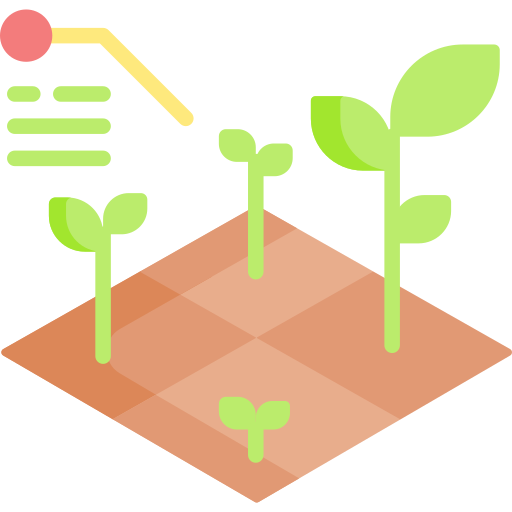
Diversified Income Streams
IFS offers farmers the ability to increase their income sources. Together, several agricultural elements can reduce reliance on a particular crop or livestock species as a source of revenue. In addition to stabilizing income, this diversity creates niche markets, chances for value addition, and lower financial risks.
Increased Productivity
The goal of integrated farming systems is to increase output. Crop-livestock interactions, such as applying fertilizer made from livestock manure, increase crop yields. Crop byproducts and residues in exchange provide excellent cattle fodder. This synergy raises farm production overall, resulting in bigger yields and greater financial gains.
Harvesting Prosperity Advantages Of Integrated Farming System
- Crop-Livestock Integration
- Aqua-Integrated Farming
- Dairy Farm Integration
- Horticulture Integration
-
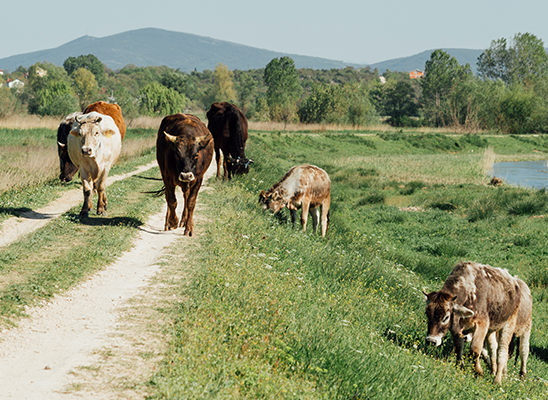
Empowering A Sustainable Tomorrow Through Innovation
Crop-livestock integration involves the growing of crops and the care of livestock. On the same farm, crops and cattle are raised and maintained to maximize their mutually beneficial relationship. Animal manure is utilized as an organic fertilizer for crops, while crop leftovers like straw and crop stalks are fed to animals. This integration enhances nutrient cycling, soil fertility, and farm sustainability in general. Raising cattle on pastureland with rotational grazing and crop cultivation, or growing forage crops like alfalfa for animal feed alongside grain crops..
-
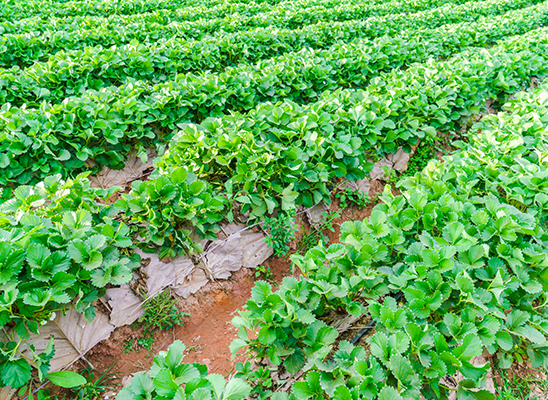
Boost Financial Resilience Through Diversified Income
Fish farming and other farming techniques are combined in aqua-integrated farming. Fish or other aquatic creatures are frequently cultivated alongside crops and/or cattle. Crops can benefit from fertilizing fish waste and uneaten fish food, while crops can shade fish ponds and lower the water's temperature. The integrated system boosts overall agricultural output and optimizes resource utilization. the practice of growing fish in ponds while also growing rice, with the rice fields being periodically flooded to facilitate fish development.
-
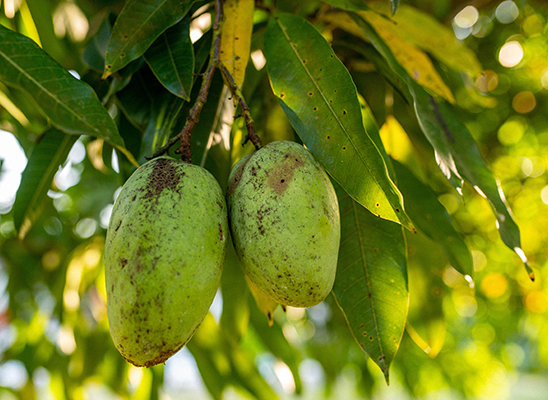
From Tasks To Triumphs: The Path To Increased Productivity Management of dairy cattle is incorporated into other farming operations on a dairy farm. It frequently involves crop cultivation, manure management, and milk production. Dairy cows provide valuable manure that can be utilized as organic fertilizer for crops in addition to milk. This fusion develops a closed-loop system that raises farm productivity and sustainability. raising dairy cows while also growing forage plants like alfalfa or clover to provide feed and fertilizing those plants with cow dung.
-
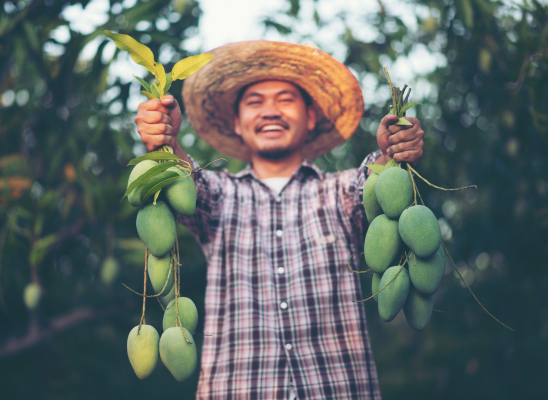
Preserving The Nature With Environmental Stewardship
Horticulture integration integrates various farming techniques with the production of fruits, vegetables, or specialty crops. It aims to increase overall agricultural resilience and diversify sources of income. Along with field crops or in orchards, horticultural crops can be planted to generate additional revenue. Additionally, they promote biodiversity and can benefit soil health. Establishing a vegetable garden within a bigger farm to feed local markets or community-supported agriculture (CSA) programs, or growing fruit trees like apples or peaches alongside conventional row crops.
-
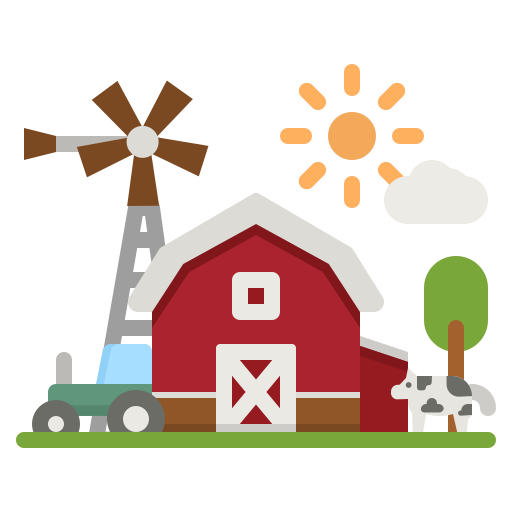
Gated Community Farms
-

High Value trees
-
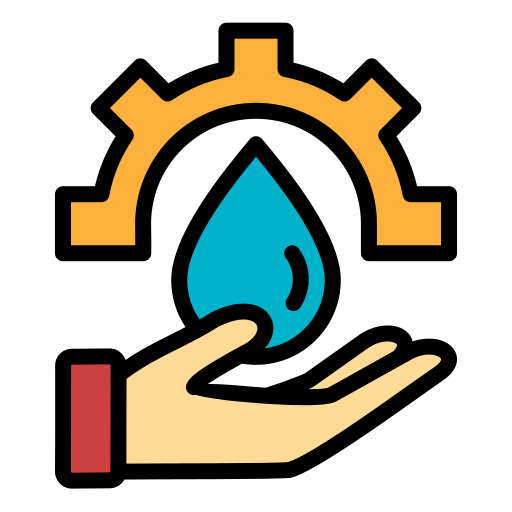
Water Management
-

Proper Electricity Connection
-

Man Power Support
Adoption Of Integrated Farming Systems Offers Several Compelling Reasons For India
Integrated Farming Systems are emerging as a revolutionary answer in our nation, where agriculture is crucial to the economy and people's livelihoods to improve agriculture sustainability, productivity, and resilience.

Enhanced Sustainability
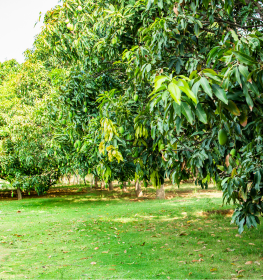
Increased Productivity and Income
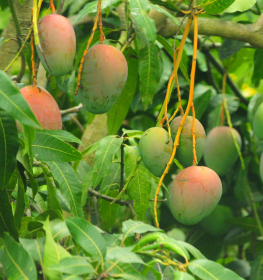
Resource Optimization and Climate Resilience
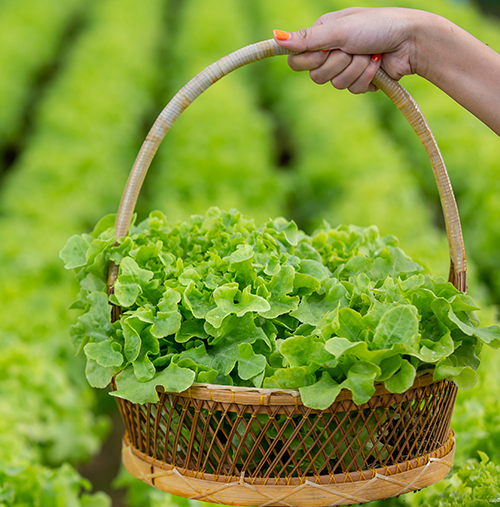
IFS In India: Cultivating A Sustainable Future
In India, there are several issues with agricultural sustainability, such as degraded soil, scarce water supplies, and damaged environments. Through the integration of agricultural production, animal management, and resource management, IFS supports sustainable farming methods. The synergistic method increases total environmental stewardship by preserving soil fertility, increasing water usage effectiveness, lowering chemical inputs, and reducing inputs. In India, where sustainable agriculture is necessary for long-term food security and environmental protection, this is especially important.
IFS can greatly increase agricultural income and productivity. Farmers can mitigate production risks related to crop failures or market changes by diversifying their agricultural enterprises. Livestock and other linked elements offer extra sources of revenue. Additionally, IFS promotes efficient resource consumption, which raises crop yields and improves livestock health. IFS can aid in the eradication of poverty and the development of rural areas in a nation like India, where millions rely on agriculture for their livelihoods.
IFS can greatly increase agricultural income and productivity. Farmers can mitigate production risks related to crop failures or market changes by diversifying their agricultural enterprises. Livestock and other linked elements offer extra sources of revenue. Additionally, IFS promotes efficient resource consumption, which raises crop yields and improves livestock health. IFS can aid in the eradication of poverty and the development of rural areas in a nation like India, where millions rely on agriculture for their livelihoods.
Income Streams from IFS: Harnessing the Bounty of Integration
Integrated Farming Systems (IFS) is a dynamic method that goes beyond the confines of traditional farming in the constantly changing world of agriculture. Beyond pursuing sustainability and boosting productivity, IFS provides access to a wide range of revenue streams. This section delves more deeply into the wide variety of income streams that IFS offers farming businesses.
Join us as we set out on a trip through these numerous sources of revenue, where integration serves as a means of wealth, adaptability, and a sustainable future for agricultural communities as well as a farming practice.


Crop Sales
In IFS, crop sales are the main source of income. Depending on variables including climate, soil type, and market demand, farmers grow a wide variety of crops, including cereals, vegetables, fruits, and cash crops..

Livestock Products and Sales
A key element of the Integrated Farming System is livestock farming, which helps to produce food and generate revenue. Goats, sheep, goats, cattle, and poultry are examples of common livestock

Horticulture Products
Horticultural goods enhance the farm's worth by offering high-end produce. Additionally, they support the sustainability of farms and the environment by enhancing ecosystem health and total agricultural biodiversity.
Your Go-To Resource for Quick
Answers
your concerns!
-
Why is IFS important for modern agriculture?
Integrated Farming Systems promote sustainable and efficient farming practices, minimize waste, maximize resource utilization, and reduce environmental impact, making it crucial for addressing contemporary agricultural challenges.
-
How does IFS improve sustainability?
Integrated Farming Systems improves sustainability by optimizing resource use, reducing chemical inputs, enhancing soil health, and promoting biodiversity, which collectively result in a more environmentally friendly farming system.
-
Does IFS require organic farming practices?
While Integrated Farming Systems can incorporate organic practices, it is not limited to organic farming. Conventional and sustainable farming practices can also be integrated into an IFS.
-
Can small-scale farmers benefit from IFS?
Yes, Integrated Farming Systems principles can be adapted to small-scale farming operations. IFS can be particularly beneficial for smallholders as it allows them to maximize resource use and income diversification.
-
What are the key benefits of adopting IFS?
Integrated Farming Systems offers benefits such as increased productivity, diversified income streams, reduced production risks, improved environmental stewardship, and enhanced farm resilience.

